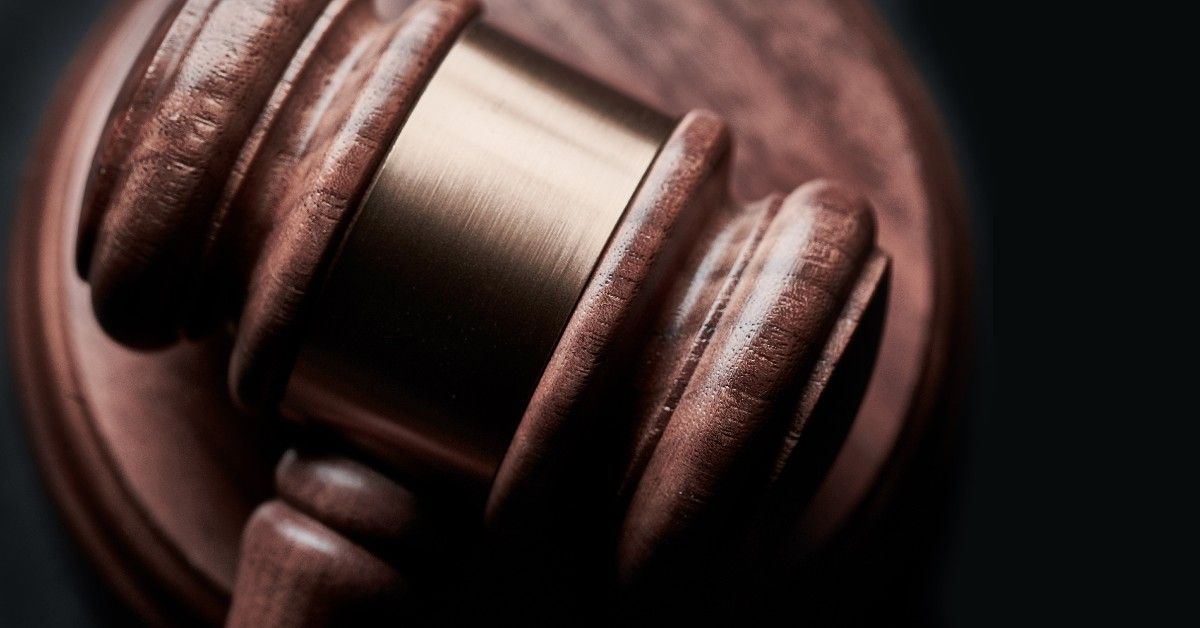
Prosecution vs. Defense — What’s the Difference?
Prosecutors and criminal defense attorneys are both major players in the trial on criminal cases. While both of these key players have completed law school and passed their bar exams, they are extremely different and play a massive role in the outcome. In today’s blog, we will be going over some of the key differences between the two individuals, as well as what some of their main roles are to give you an even better idea.
The Prosecutor
A prosecutor is a public officer who is responsible for prosecuting an individual who is charged with a crime. Put simply, he or she is responsible for gathering evidence about this individual and the crime, decide whether or not there is enough evidence to prove the case, and then persuade the jury that the individual (aka the defendant) is guilty on the basis of the evidence gathered.
The prosecutor investigates crimes and gathers evidence with the police, working closely with them throughout the process. They also keep in contact with the person suspected of the crime, the victim, and the witnesses. Once the initial investigations are completed, the prosecutor will then determine whether there is enough evidence to bring the case to court. If the crime is minor and the suspect admits their guilt, the prosecutor typically imposes a fine. This is called an order of summary punishment, and no trial will be held. But, if there is sufficient evidence and the suspect does not admit his or her guilt, there will be a trial in a court of law. Here is when the prosecutor will work to prove that the suspect has committed a crime by questioning the suspect, witnesses, and experts, and provide evidence in order to establish that the suspect is guilty.
The Criminal Defense Attorney
The criminal defense attorney, on the other hand, does the exact opposite. They investigate the case on behalf of the defendant, advise the defendant on how and when to plead, and, if necessary, will represent the defendant at trial in hopes of getting them acquitted.
Criminal law is a complex body of state and federal legislation. Criminal lawyers have an in-depth understanding of criminal law and the criminal justice process (thank you, law school). Most individuals do not have this vast amount of knowledge on all things law, which is why it is extremely important that a defendant have a criminal defense attorney to help guide them through the process. What makes this even more important is the fact that crimes range from misdemeanors to felonies, and punishment can range from a minor fine or community service to life in prison or even death. Having a criminal defense attorney to argue on your behalf can make a massive difference in the punishment defendants receive.

While this is a brief overview of the differences between the prosecution and criminal defense attorneys, we hope this helps to give you a better idea for what to expect in the courtroom if you are summoned for jury duty, are considering your career path in law, or are going to trial for a criminal case.
If you or someone you know is in need of a trusted, experienced criminal defense attorney in the Miami area, give the Law Office of David Howard a call today.
